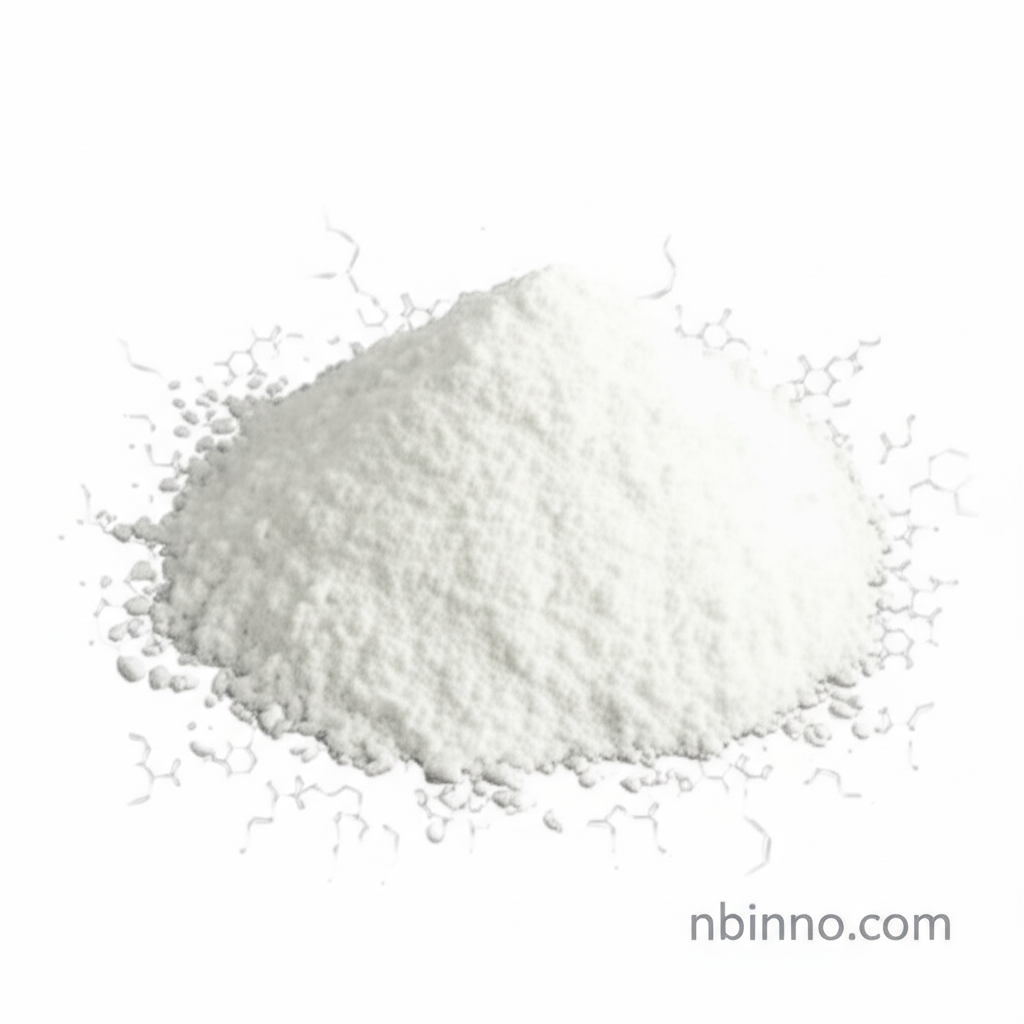Microcrystalline Cellulose: Properties, Applications, and Benefits as a Pharmaceutical Excipient
Discover the versatile roles of MCC, a key ingredient shaping modern pharmaceuticals, food, and cosmetics.
Get a Quote & SampleProduct Core Value

Microcrystalline Cellulose
Microcrystalline Cellulose (MCC) is a highly purified and versatile excipient essential across various industries, most notably in pharmaceuticals. Derived from natural cellulosic materials, its unique physical and chemical properties make it an indispensable component in drug formulations, food products, and cosmetics. It serves as a crucial binder, filler, disintegrant, and stabilizer, contributing significantly to the efficacy, stability, and patient acceptability of countless products. Understanding the microcrystalline cellulose pharmaceutical excipient landscape reveals its broad impact on modern product development.
- Explore the critical uses of microcrystalline cellulose in tablets, understanding its role in direct compression and wet granulation.
- Investigate the excellent microcrystalline cellulose binder properties, a key factor for robust tablet formation and drug delivery.
- Learn about food grade microcrystalline cellulose applications, highlighting its function as a stabilizer and texture enhancer.
- Delve into the advantages of microcrystalline cellulose as disintegrant, facilitating efficient drug release and absorption.
Key Advantages & Features
Exceptional Compressibility
MCC's unique plastic deformation capabilities under pressure result in strong, stable tablets, a critical aspect of its microcrystalline cellulose properties and benefits.
Broad API Compatibility
Its inert nature ensures minimal interaction with Active Pharmaceutical Ingredients (APIs), preserving drug stability and efficacy, a key reason for its prevalence in the market.
Versatile Functionality
Serving as a binder, filler, disintegrant, and more, MCC offers a wide range of functionalities essential for optimizing drug delivery and product texture.
Key Applications
Pharmaceutical Formulation
As a primary excipient, MCC is crucial for tablet binding, disintegration, and filler roles, impacting everything from drug release to tablet hardness.
Food Industry
Used as a stabilizer, thickener, and texture modifier, MCC enhances the quality and consistency of various processed food products.
Cosmetics & Personal Care
Its abrasive, absorbent, and viscosity-increasing properties make MCC a popular ingredient in skincare, haircare, and makeup formulations.
Animal Nutrition
MCC functions as a technological additive, serving as an emulsifier, stabilizer, and binder in animal feed premixes and feedingstuffs.
